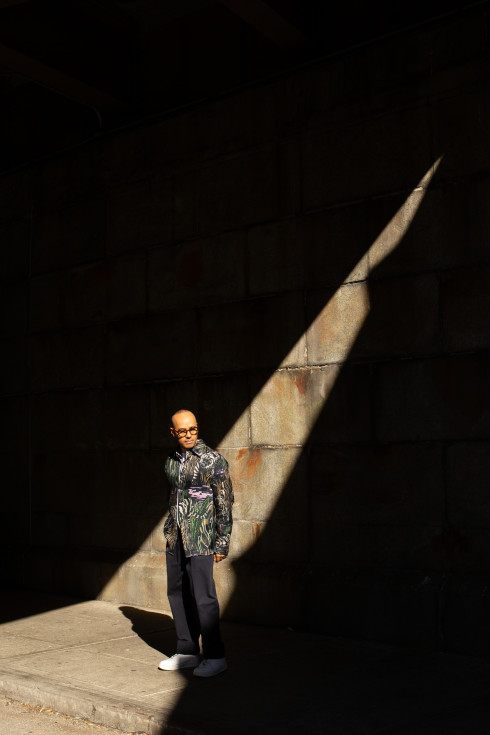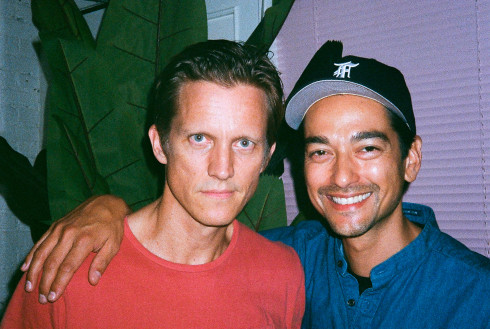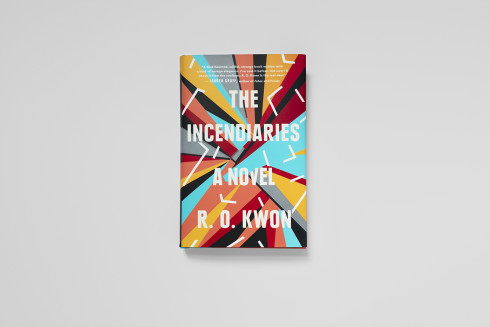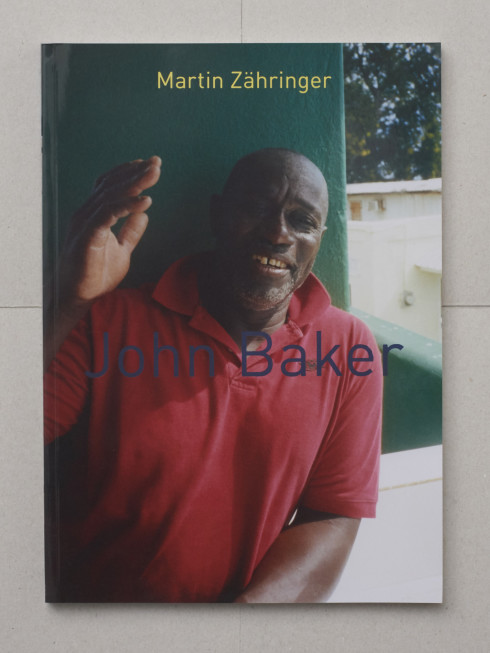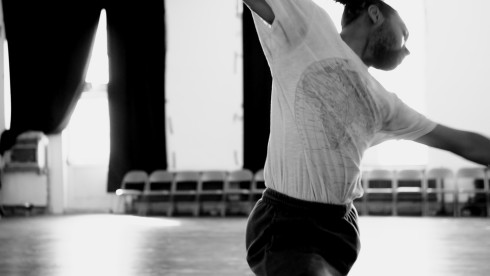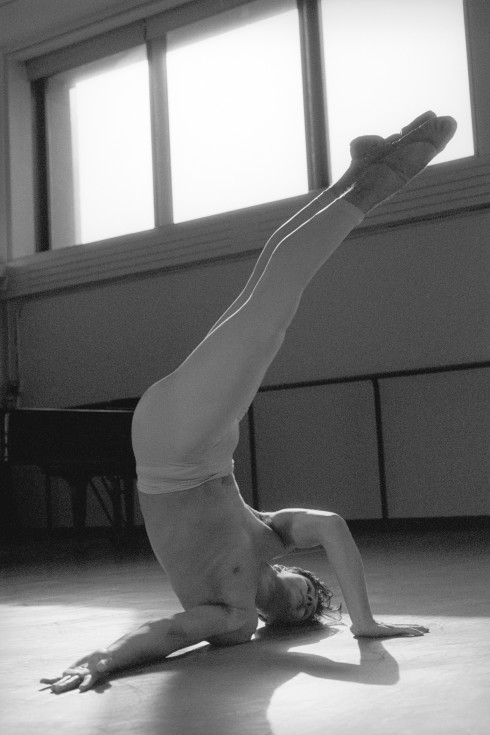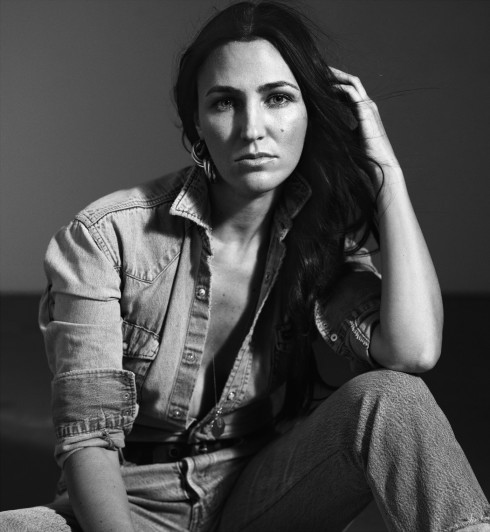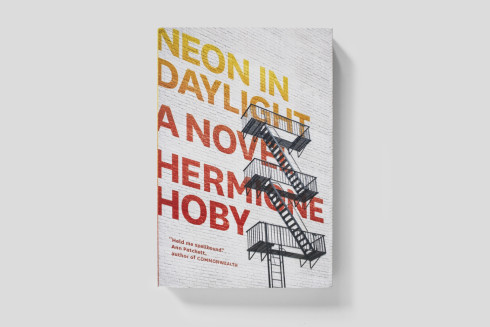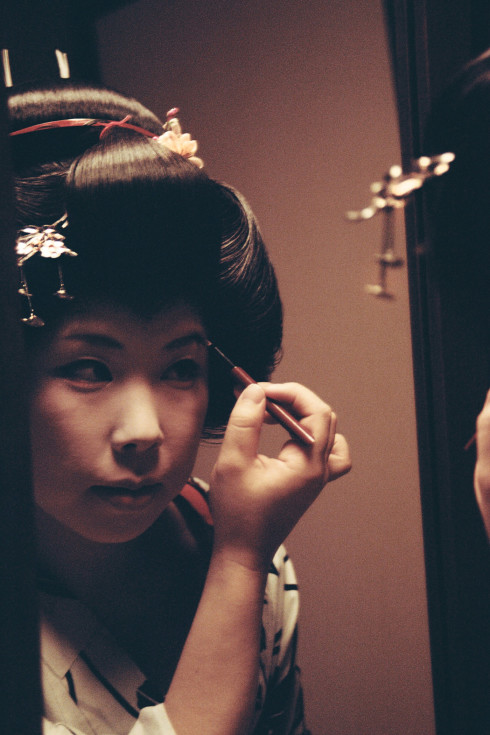TLM09: GET POLITICAL
The furor surrounding the 2008 election, with its promise of Change, will not soon be forgotten. It was a time of renewed enthusiasm for American politics that galvanized the youth vote. Census figures show fifty percent of young adults turned out to vote on Election Day, and they were later credited as the deciding factor in delivering Obama to the White House. Now, just four short years later, it appears the youth vote will again prove decisive in determining the outcome of the 2012 election—only this time, will they turn up to vote? All reports indicate that there will be poor voter turnout across the board in November, most notably amongst young voters. It seems America’s youth are once again disenchanted when it comes to politics.
In a recent speech, Michelle Obama addressed the voter apathy that has plagued this US election. Her bottom line for an engaged citizen? “Democracy is an everyday activity [that] means being informed. It means following the news and learning about who’s representing us and how our governments work.”
In 2012, this is easier said than done.
While young people are undoubtedly masters of the social network, adept at using everything the Internet has to offer, this virtual avalanche of information has a downside. With three hundred billion emails, two hundred million tweets, and two-and-a-half billion text messages surging through our digital networks every day, it has become increasingly difficult to navigate the superabundance of information. Not only are we managing our various digital social entities, but we are struggling to retain the output from everyone else’s too.
Although there is no doubt the centralization of information has opened up our world, it also, by its very nature, makes forming a relevant opinion all the harder. When it comes to politics, this has struck at the very hearts of young voters. It appears that rather than feeling empowered by the wealth of opinion and information available to us, we are at a standstill when it comes to forming a political opinion. However “democratic” the structure of information on the Internet may be, the current arrangement of content fails to encourage democracy.
Part of this confusion is that the argument around politics, or “being political,” often morphs into a dispute about policy, obscuring the issues at hand. Any given topic is consumed by rhetoric and debate on Capital Hill, complicated by agendas, and finally wrapped in red tape before being strung out in the media tumult. By doing this, politicians alienate the problem and with it their citizens. Citizens who were once engaged with an issue become overwhelmed by the sheer weight of opinion and consequently bow out of discussing, reading about, or participating in the political process. Overall there is a toxic notion that we are no longer “informed enough” to weigh in. The fear of appearing ignorant when it concerns politics is reason enough for most to keep quiet.
So entrenched are we in reports, articles, tweets, and blogs that it is understandable that voters may no longer be clear of their own opinions, let alone a political standing. In this tough economic climate, many voters may feel removed from or failed by the democratic process. For this reason, come November, many will simply opt not to vote.
But the reality is the democratic process continues regardless of who participates. It merely falls in the direction of those who choose to vote. Through inaction, we clear the field for those who can be bothered to vote, and consequently leave the fate of the country to those who hold more extreme political views. By deciding not to vote, we are not simply absolved from this practice. In fact we are still, perhaps unknowingly, complicit in electing a leader to office. In the words of the acclaimed writer George Jean Nathan, “Bad officials are elected by good citizens who do not vote.” Apathy is not a way out or a loophole to be used. It contributes to the result of an election as much as voting does—only we don’t get to choose the outcome.
“GOVERNMENT OF THE PEOPLE, BY THE PEOPLE, FOR THE PEOPLE ” —Abraham Lincoln
The solution is far more straightforward than one might think. Although many young individuals might not consider themselves “political,” most of us still side one way or the other on a divided issue, whether it be abortion (or more widely women’s health), gay rights, legalization of marijuana, the death penalty, Internet censorship, climate change, economic reform, funding for the arts, education, or universal healthcare. By their very nature, holding an opinion on one of these issues makes you political. Politics might be considered a dirty game, but the democratic process is what holds us all together as a polity. Recognizing what issues are important to you and taking the time to note where each party stands on this debate is all it takes to apply your vote. Contrary to popular belief, voting for a party does not mean you are wholly committed to all of their ideas or political ethos. Rather, you quite simply exercise your right to vote on an issue pertinent to you.
Socrates, the consummate thinker, proselytized for the need for individuals to seek out their own understanding of the world, to educate themselves on issues, assiduously examine the beliefs and thinking of all those around them, and deduce their own viewpoint and opinions. Socrates’ thinking is now more relevant than ever. We are at a critical juncture where there needs to be a political awakening of sorts. Voters need to re-engage in the democratic process and by doing so gain the knowledge and understanding necessary to vote. Casting a vote that is representative of one’s own interest is key to being a willing participant in democracy.
Our contemporaries reflect this kind of thinking in many other countries. While America ruminates in the aftereffect of its economic downturn, young people in Egypt, Libya, and Syria are literally fighting for the right to vote. These people are our age, mostly under twenty-five, but their priorities are wildly different. To be sure, the concerns that face Libya are incredibly different, some would say more severe, than those affecting America, but there is commonality to both situations. When a human right is infringed, or a proposed policy is wrong, the need to stand up is entrenched within us, whatever the situation is in our home country. It is a fundamental part of who we are: to protect, inform, and progress the sensibilities of a nation.
Political participation is fundamental to democracy. As I heard former Deputy Secretary of State Richard Armitage say today, “Democracy is great, but it can’t stand alone.” It requires a collective decision-making process that is characterized by a sense of equality amongst the participants. Therefore, not only is it important that an individual exercises his right to vote, but he must have an informed vote. Not a vote that is conformed to popular opinion or conventional beliefs, but a vote that is representative of his own views.
We may live in an age of abundance, but that shouldn’t negate the need to educate ourselves, be informed, and have an opinion. When it comes to Election Day, all the issues will be on the table. Whether you vote to preserve a way of life or change a way of life, participating in the democratic process is what is most important. To paraphrase Woody Allen, showing up is eighty percent of it.
